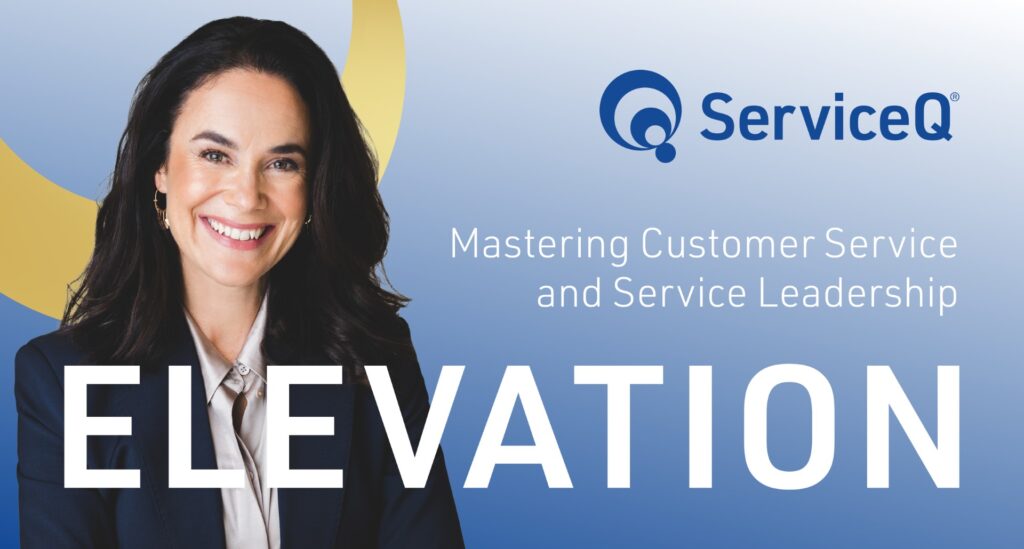If you are a leader of customer service, this is for you.
I’ve changed my mind.
For years I believed service was primarily good for business—something that lifted sales, improved loyalty, and kept brands competitive. That’s still true. But now I see something bigger: service is essential for society.
Which is why I believe the most important leadership role right now—the one that shapes both the future of business and the wellbeing of our communities—is the CX Leader.
Here’s why.
We measure service with dashboards. NPS scores, CSAT ratings, star reviews. But let’s be honest: they measure satisfaction, not significance. They don’t capture the dignity of a nurse who holds someone’s hand, the patience of a teacher encouraging a child, or the calm of a customer service agent helping someone through a tough day.
And yet—our culture has a blind spot.
We live in a culture that mistakes value for importance.
We dismiss the farmer, the carpenter, the sewer—those who do the indispensable work that forms the foundation of human civilisation.
They may not command high market value, but without them we don’t eat, we don’t build, we don’t thrive. We confuse value with importance. A brain surgeon may be rare—but without the farmer, there is no food. Pretty important, isn’t it?
It’s the same with service. Without service, there’s no connection. Without connection, there’s no trust. And without trust, what sort of society are we in?
Importance keeps the world alive.
So rather than asking, “What’s our NPS?”, the real question is:
“How are we serving humanity through the way we serve our customers?”
And to every CX Leader out there—I want to say this clearly:
Your work matters more than you realise. Every system you design, every culture you shape, every person you train—it all ripples out. You are not just influencing brand loyalty. You are strengthening the fabric of our communities.
When organisations put service on a pedestal—and when they dignify the people who deliver it every day—they’re not just improving business results.
They’re keeping the world alive.
